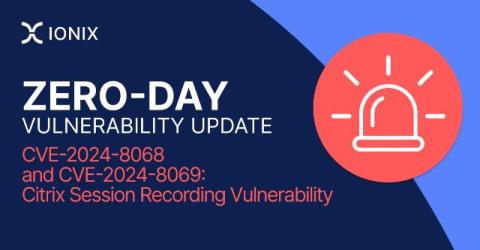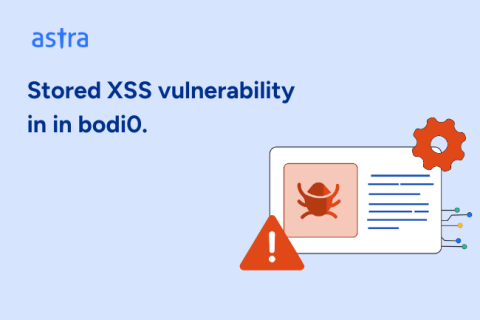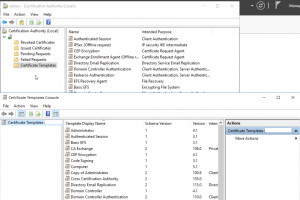Snyk named a Customer Favorite in The Forrester Wave: Software Composition Analysis Software, Q4 2024 Report
Snyk is proud to announce that our developer security platform has been recognized as a Leader in The Forrester Wave: Software Composition Analysis (SCA) Software, Q4 2024 report. In this evaluation, we were one of just three Leaders and were named a Customer Favorite.











